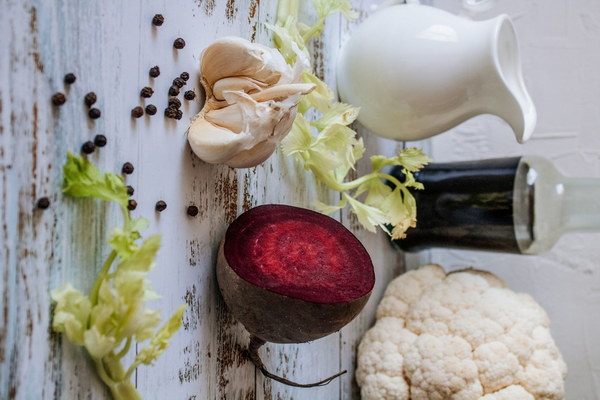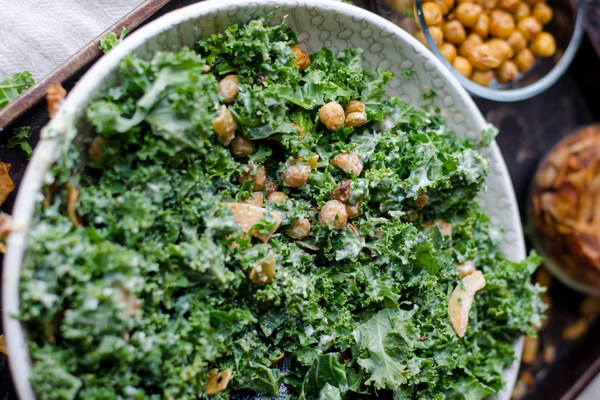Soothe Your Stomach Discover the Wonders of Tea for Digestive Health
Introduction:
Tea, an ancient beverage cherished across cultures, has been consumed for centuries not only for its refreshing taste but also for its numerous health benefits. Among these benefits, one stands out: its ability to soothe the stomach and promote digestive health. In this article, we will explore the wonders of tea for digestive well-being and provide you with practical tips on how to incorporate it into your daily routine.
The Science Behind Tea's Digestive Benefits:
Tea is rich in antioxidants, polyphenols, and various compounds that have been found to aid digestion. Here's how these beneficial ingredients work:
1. Antioxidants: Tea is packed with antioxidants, which help neutralize harmful free radicals in the body. Free radicals can cause inflammation and disrupt the gut microbiome, leading to digestive issues. By combating free radicals, tea supports a healthy digestive system.
2. Polyphenols: Polyphenols, such as flavonoids, are responsible for tea's vibrant color and flavor. These compounds have been shown to reduce inflammation in the gut, improve gut motility, and promote the growth of beneficial gut bacteria.
3. Tannins: Tannins are another type of compound found in tea. They can help reduce bloating, gas, and diarrhea by slowing down digestion and increasing the absorption of water in the intestines.
4. Caffeine: While caffeine is a stimulant, it also has a diuretic effect that can help relieve constipation and bloating. However, it's essential to consume tea in moderation, as excessive caffeine intake can lead to gastrointestinal issues.
Types of Tea for Digestive Health:
Different types of tea offer varying benefits for digestive health. Here are some popular options:
1. Green Tea: Rich in antioxidants and polyphenols, green tea is a great choice for promoting digestive health. It has been shown to aid in the breakdown of fats, improve gut motility, and reduce inflammation.

2. Black Tea: Black tea contains tannins that can help with digestion. It's also a good source of caffeine, which can stimulate the digestive system and promote bowel movement.
3. White Tea: White tea is another excellent choice for digestive health. It contains high levels of antioxidants and polyphenols, making it a great option for reducing inflammation and promoting a healthy gut.
4. Herbal Tea: Herbal teas, such as ginger, chamomile, and peppermint, are known for their soothing properties. They can help alleviate symptoms of indigestion, reduce bloating, and improve overall digestive function.
Incorporating Tea into Your Routine:
To reap the digestive benefits of tea, follow these tips:
1. Brewed Tea: Prepare tea using fresh, filtered water and a high-quality loose-leaf tea. Boil water to the desired temperature (green tea: 160-180°F; black tea: 212°F; white tea: 170-180°F) and steep the tea for the recommended time (green tea: 2-3 minutes; black tea: 3-5 minutes; white tea: 3-5 minutes).
2. Brewed Tea Concentrate: If you prefer convenience, consider using a tea concentrate. Simply mix the concentrate with water and enjoy the same benefits as brewed tea.
3. Avoid Adding Sweeteners: While honey or sugar may enhance the taste of tea, they can also disrupt the gut microbiome and contribute to digestive issues. Opt for unsweetened tea to maximize its health benefits.
4. Consume in Moderation: While tea can be beneficial for digestion, excessive intake, especially of caffeine-containing teas, may lead to gastrointestinal issues. Limit your consumption to 3-4 cups per day.
Conclusion:
Incorporating tea into your daily routine can provide numerous digestive health benefits. By understanding the science behind tea's properties and selecting the right type of tea, you can enjoy a soothing cup that promotes a healthy gut. So, the next time you're looking for a refreshing beverage, consider reaching for a cup of tea to support your digestive well-being.









